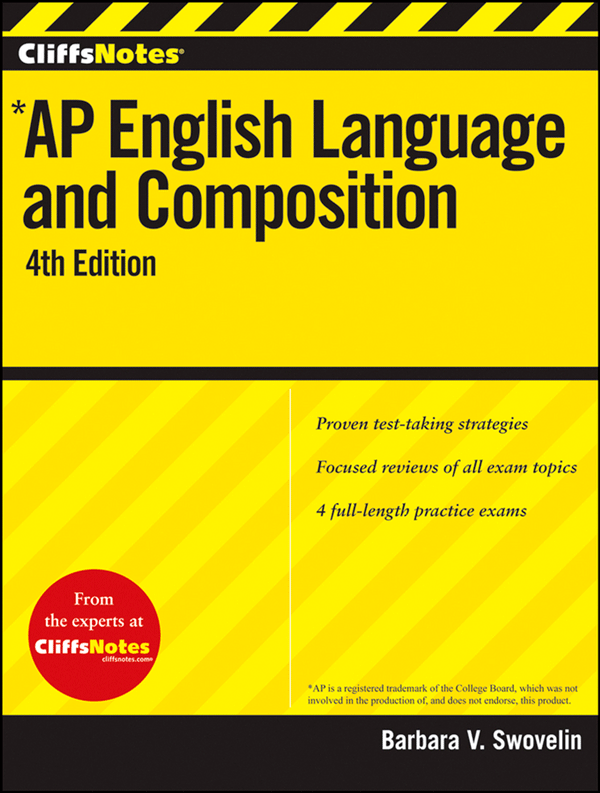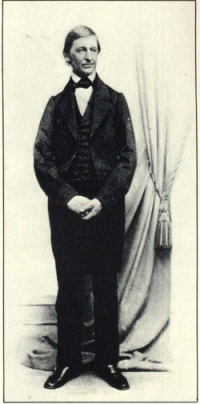https://www.youtube.com/watch?v=7BVWGKcDRkQ
https://www.youtube.com/watch?v=qUNkmG7lqDM
https://www.youtube.com/watch?v=VmeJx5-xIqU
ARGUMENT ESSAY
https://video.search.yahoo.com/video/play;_ylt=A2KLqIA8V0NVWBoAK24snIlQ;_ylu=X3oDMTByZWc0dGJtBHNlYwNzcgRzbGsDdmlkBHZ0aWQDBGdwb3MDMQ--?p=argument+essay+ap+language&vid=1b7be3d69a1d786e56198a075e836e19&l=16%3A49&turl=http%3A%2F%2Fts1.mm.bing.net%2Fth%3Fid%3DWN.70DRuJxQW5HMgFLwPXubvQ%26pid%3D15.1&rurl=https%3A%2F%2Fwww.youtube.com%2Fwatch%3Fv%3DkNK2cH0d7cQ&tit=AP+Argument+Essay+Review&c=0&sigr=11bdlju6p&sigt=10or9202p&sigi=11vb40adq&age=1354121538&fr2=p%3As%2Cv%3Av&fr=yhs-mozilla-001&hsimp=yhs-001&hspart=mozilla&tt=b
AP REVIEW FRIDAY 9-12
TEST MONDAY LITERARY TERMS REVIEW
 In general, AP English Language and Composition test questions tend to fall into just a few categories. By becoming familiar with these areas, you can more quickly understand what you're being asked. Also, you'll be more comfortable with the test format and able to work faster. As with all testing strategies, it is essential to practice recognizing the question types before the test. A brief analysis of these questions types follows.
In general, AP English Language and Composition test questions tend to fall into just a few categories. By becoming familiar with these areas, you can more quickly understand what you're being asked. Also, you'll be more comfortable with the test format and able to work faster. As with all testing strategies, it is essential to practice recognizing the question types before the test. A brief analysis of these questions types follows. 
Questions about Rhetoric
Most of the questions on the test are of this type and test your ability to understand how language works in each passage. These questions ask you to analyze the syntax (sentence structure and word order), diction (word choice), point of view, and figurative language and its effects. Your mere recognition of these elements is not enough; you must be able to understand precisely how and why the devices of rhetoric produce particular effects.Here are some of the ways this question type may be worded on the test:
- The shift in point of view has the effect of . . .
- The syntax of lines _____ to _____ serves to . . .
- The second sentence is unified by metaphorical references to . . .
- As lines _____ and _____ are constructed, "_____" is parallel to which of the following?
- The antecedent for "_____" is . . .
Questions about the Author's Meaning and Purpose
These question types also appear frequently on the test. They measure your ability to interpret the author's theme, meaning, or purpose. As with the rhetorical questions, these questions are closely tied to specific word choices; however, now you must determine why the author chooses the wording, not what effect it produces. These questions demonstrate the understanding of the author's thematic reason for choosing certain phrases.Here are some of the ways this question type may be worded:
- Which of the following best identifies the meaning of "_____"?
- Which of the following best describes the author's purpose in the last sentence?
- The author emphasizes "_____" in order to . . .
- The sympathy referred to in line _____ is called "_____" because it . . .
- What is the function of _____ ?
Questions about the Main Idea
These questions also appear quite frequently; they test your understanding of the author's ideas, attitude, and tone. To prepare for these questions, paraphrase everything that you read. First, make yourself practice this skill in writing-literally write down an author's point in a sentence or two. After such practice, you'll be able to do it internally while you read, and you'll have greater comprehension.Here are some of the ways these questions may be worded:
- The theme of the second paragraph is . . .
- The speaker's attitude is best described as one of . . .
- In context, the sentence "_____" is best interpreted as which of the following?
- The atmosphere is one of . . .
- Which of the following would the author be LEAST likely to encourage?
Questions about Organization and Structure
Appearing less frequently than the first three question types, these questions test your ability to perceive how the passage is organized. For example, you need to know if the passage follows a compare/contrast structure or if it gives a definition followed by examples. Other passages may be organized around descriptive statements that then lead to a generalization. These methods are just a few of the ones an author may use to organize ideas. You also need to understand how the structure of the passage works. For example, you must know how one paragraph relates to another paragraph or how a single sentence works within a paragraph.Here are some of the ways this question type may be worded:
- The quotation "_____" signals a shift from . . .
- The speaker's mention of "_____" is appropriate to the development of her argument by . . .
- The type of argument employed by the author is most similar to which of the following?
- The relationship between _____ and _____ is explained primarily by the use of which of the following?
Questions about Rhetorical Modes
You should expect only a few questions of this type on the test. These questions ask you to identify and recognize the various rhetorical modes that authors use. You must know the difference between narration, description, argumentation, and exposition. Understanding why a particular mode is effective for the author's ideas is also helpful.Here are some of the ways these questions may be worded:
- The pattern of exposition exemplified in the passage can best be described as . . .
- The author's use of description is appropriate because . . .
- Which of the following best describes the author's method?
- Because the author uses expository format, he is able to . . .
- The speaker's rhetorical strategy is to . . .



